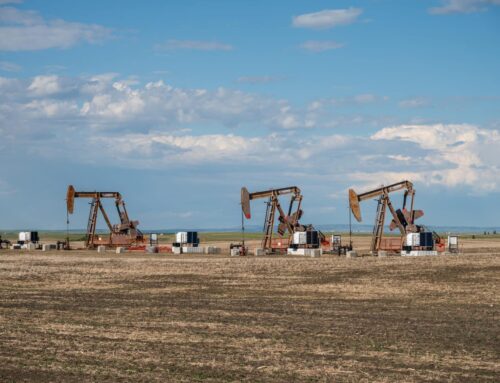The FY23 President’s budget requested $321 million to remediate orphaned oil and gas wells and reclaim abandoned mine lands on federal and non-federal lands, down from the $450 million requested in FY22. But any FY22 omnibus or FY23 numbers shouldn’t be interpreted without the bipartisan infrastructure package (P.L. 117-58, aka the Infrastructure Investment and Jobs Act). The infrastructure package authorized $19 billion in total for orphan well and abandoned mine cleanup, $16 billion of which was appropriated. More specifically, the bill:
- Authorized and appropriated $4.7 billion for orphaned well reclamation
- Authorized and appropriated $11.3 billion for Abandoned Coal Mine Reclamation Fund
- Authorized (but did not appropriate) $3 billion for abandoned hardrock mine reclamation
The $321 million requested by the FY23 President’s budget for reclamation includes:
- Of that total, $33 million would be for state grants, $10 million for reclamation on tribal lands, and $17 million for reclamation on federal lands.
- $62.2 million for Abandoned Mine Lands (AML) and Hazardous Materials Management to address abandoned hardrock mines on BLM lands.
- $29.4 million for Oil and Gas Program to address Alaska Legacy Wells.
- $115 million for the Office of Surface Mining and reclamation Enforcement (OSMRE) for AML Economic Revitalization grants to States and Tribes.
- $30 million to the Bureau of Safety and Environmental Enforcement (BSEE) for contracts to plug offshore orphaned oil and gas wells.
Although the Department of the Interior budget in brief underlined that the FY23 budget request for reclamation is not duplicative funding, the real concern is the lack of any proposal to increase industry accountability. Orphaned oil and gas wells and abandoned mines are left behind by the extractive industry who profited from the natural resources they removed, yet taxpayers now have to foot the bill for their environmental liabilities. The Interior Department should consider raising minimum bonding rates for oil and gas leases, which have failed to keep up with actual reclamation costs and are unable to protect taxpayers from liabilities. There are other options to tackle the problem as well, like assessing a reclamation fee on oil and gas operators. Bottom line, industry should be held accountable to protect taxpayers from shouldering liabilities that cost billions of dollars.











Get Social